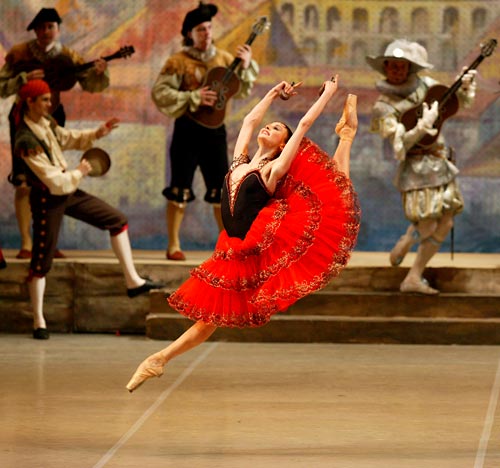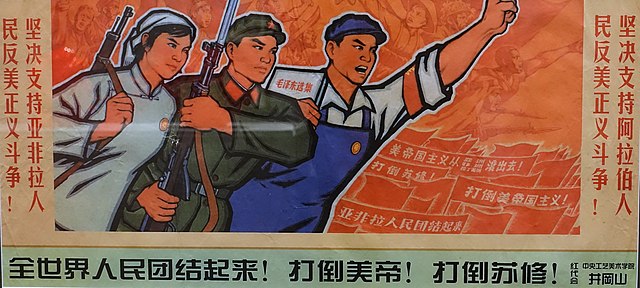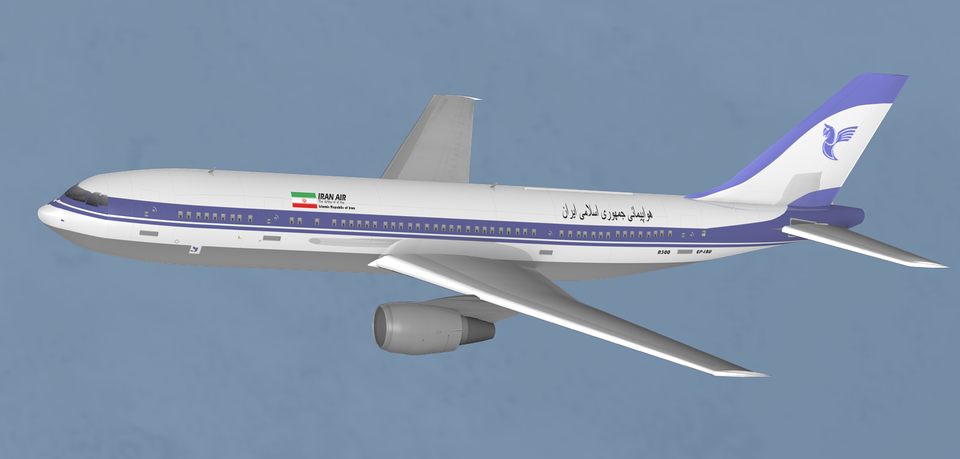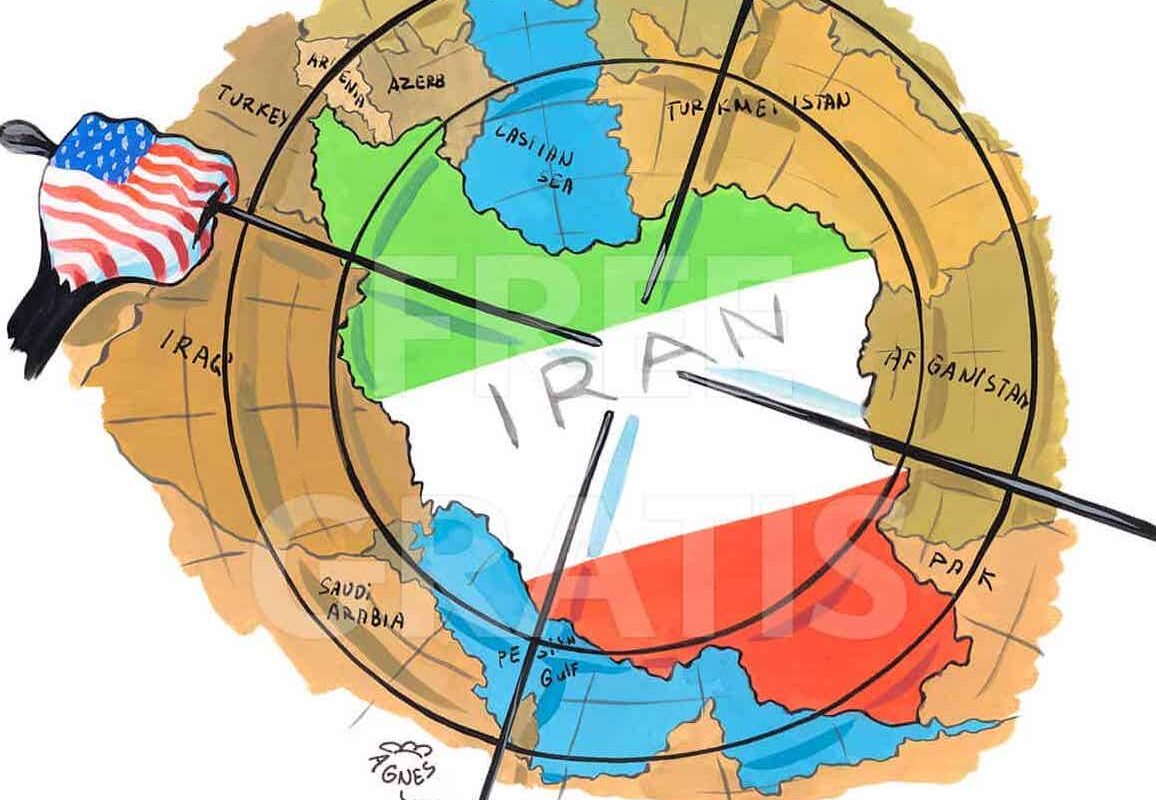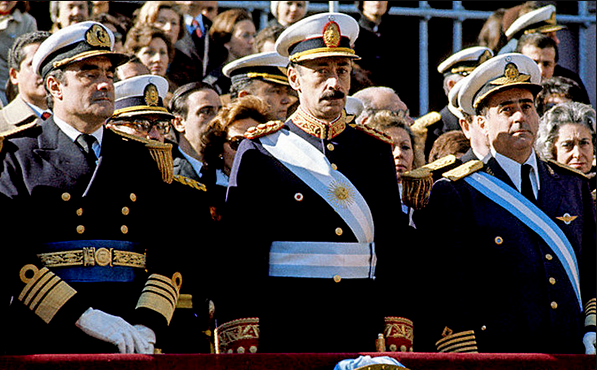As sanctions against Russia intensify, it seems that Russian conductors, singers and ballet and music companies have also become targets. Russia’s most famous living conductor Valery Gergiev has had his contract to conduct various orchestras cancelled and his management company has also abandoned him. Anna Netrebko, who has been the New York Metropolitan Opera’s premier in-house soprano for many years now, has also had her contract terminated. She’s even been replaced in a forthcoming opera she was scheduled to be singing in by a Ukrainian soprano!
The Royal Opera House at Covent Garden in the UK has cancelled a summer season with the Bolshoi ballet, whilst the Helix Theatre in Dublin cancelled a performance of Tchaikovsky’s Swan Lake by the Royal Moscow Ballet. And the Russian State Ballet from Siberia has also had its tour of various cities across the UK cancelled. There is also a massive boycott now developing of artists of all sorts going to Russia to perform.
There have even been demands in the UK for the statue of Frederick Engels in Manchester to be taken down. Engels was most certainly not Russian and, having died in 1895, can’t be held in any way responsible for current events in Ukraine. In fact, he was the staunchest of opponents of colonialism and imperialism. It seems that there are some who associate Engels with Putin because he was once a KGB agent in the Soviet Union and the Soviet Union formally revered Engels—whilst actually defying everything Marx and Engels stood for, following Stalin’s accession to dictatorship over the Soviet Union. What’s more, Putin has attacked Lenin and the Bolsheviks for giving Ukraine the right to self-determination.
The boycott of the Royal Moscow Ballet is particularly grotesque as it receives no money from the Russian state and includes in its company ballet dancers from many different countries, including Ukraine. The demands being placed on Russian artists and artistic companies are also patently unreasonable given the circumstances: it’s now illegal in Russia to describe the invasion of Ukraine as an invasion or a war. It’s clear people will lose jobs and jeopardise their families’ welfare if they denounce Putin and the invasion. One might argue that they should follow the lead of the very brave peace campaigners in Russia, but that is surely their choice and not one the West has any right to impose on them.
Some managements may argue in addition that if they now entertain Russian artists and artistic companies, they will suffer threats and intimidation, including demonstrations. This is a more serious argument, though not one that is motivating these managements in the first instance. But such a reaction to ballet companies, opera singers, etc, is surely indicative of the frenzy that has been whipped up by governments and the media. It is part and parcel of the mounting war hysteria following Putin’s brutal and entirely unjustifiable invasion of Ukraine which is now taking on a distinctly Russophobic feeling in many parts of Europe. This is escalating Western imperialism, which is threatening to widen the conflict and lead to far greater loss of life.
One justification for this artistic and cultural boycott is that it might put pressure on Putin to moderate his attacks on Ukraine. The central problem with this argument is that there is absolutely no indication that the unprecedented economic sanctions being imposed on Russia are having any effect at all in encouraging peace rather than war. In fact, the exact opposite seems to be the case. So, there is even less reason to think a cultural and artistic boycott will be any more effective.
There are also massive double standards at work. The New York Metropolitan Opera, for example, has treated its own workers abysmally during lockdown, refusing to pay the people who make sure that operas can actually be staged. But more egregious is the rank political hypocrisy. Israeli conductors and performers continue to be welcomed across Europe despite the daily assaults on Palestinian people in Gaza and the West Bank and the continuous encroachment on occupied Palestinian land by Israeli settlements. And the noted German conductor Christian Thielemann, who in the past has expressed his support for the far right, racist and Islamophobic organisation PEGIDA is still getting plenty of contracts to conduct across the Western world.
The cultural boycott has also been extended to a sporting boycott, whose the double standards are even more grotesque. Russia has been kicked out of all or almost all international sporting competitions. In the UK, the Russian billionaire Roman Abramovich has felt obliged to sell Chelsea Football Club, which he has owned since 2003. Meanwhile, super-rich Saudis have been allowed to buy Newcastle United, despite the patent lack of democracy in Saudi Arabia, its propensity to cut the heads off people who break its laws and its continuing and very bloody war on Yemen. And Israel remains a member of UEFA despite not being in Europe and being a racist, settler state.
The contrast between the Ukrainian case and Apartheid South Africa is notable. Some of the people demanding economic sanctions on and boycotts of Russia are the same people who resisted them in the case of South Africa for very many years, arguing that it was better to have “constructive engagement” with regimes with which one disagreed. The same is no doubt being said today about Saudi Arabia and other loathsome regimes, but which have the one redeeming feature for Western imperialists—that they’re on the side of Western imperialism rather than neutral or on the side of rival imperialists. Having a lot of oil also helps.
Of course, there is one big difference between Apartheid South Africa and Russia today. The African National Congress, the principal organised opposition consisting of South Africans in the days of Apartheid, stood firmly in support of the widest possible sanctions to isolate the racist regime and weaken it (though ultimately it was the struggle of black South Africans themselves which brought about the downfall of Apartheid).
Similarly, the call for a Boycott, Divestment and Sanctions campaign against Israel has come from Palestinian civil society organisations seeking to fight back against the constant attack on the basic human rights of Palestinians inside Israel, in the occupied West Bank and in Gaza. That campaign extends to a cultural boycott and to including academics and rightly so. Israel enjoys the indulgence of the West in its development of nuclear weapons, its repression of the Palestinian people and the extension of its borders into Syria in the Golan Heights as well as in the occupied West Bank.
Palestinian activists are clear that the more successful the BDS campaign, the more it will give them confidence to fight back and resist Israeli oppression. This, in turn, will empower those sympathetic to the Palestinian cause in the surrounding countries of Jordan, Syria, Lebanon and Egypt to find ways to express their solidarity for the Palestinian people often in defiance of their autocratic and reactionary governments, most of which, if not all, are firmly in the Western camp.
The Russian situation is quite different; the call for boycotts and sanctions, far from being against what is desired by Western establishment political leaders, is being led by them. It’s all part of the extension of Western imperialism through NATO up to the borders of Russia, contrary to the promises made in the 1990s to Russian leaders after the fall of the Soviet Union. Even more importantly, no demands for sanctions and boycotts have been issued by the most progressive forces inside Russia. As things stand, they rightly fear that laying economic siege to Russia will both strengthen the scope of repression and risk Putin further escalating the appalling events in Ukraine. Moreover, boycotts and sanctions in this instance bear the risk that the confrontation with a nuclear-armed Russia will spiral out of control, engulfing surrounding countries and leading to many, many more deaths and displaced people. Economic sanctions combined with cultural boycotts are not a peaceful alternative to war—they are steps on the road to war.
Of course, few on the left will shed tears over hugely privileged and very rich artists like Gergiev and Netrebko having their contracts cancelled and even less over the sanctions on rich so-called oligarchs. But they are easy targets and are being used to justify a much broader set of boycotts and economic sanctions that are hurting the Russian people in general and Russian artists in particular, who are simply seeking to do the things they love to do to bring joy to whomever has the luck to see them perform. Moreover, it seems more important than ever for Russian people facing repression and economic meltdown to know they are not isolated from those of us in the West who oppose imperialism and war. These boycotts and sanctions are all part of an ever-increasing escalation at the end of which lies the threat of nuclear war itself. The left should oppose them, seek de-escalation and an end to the killing. We urgently need peace, not war.
